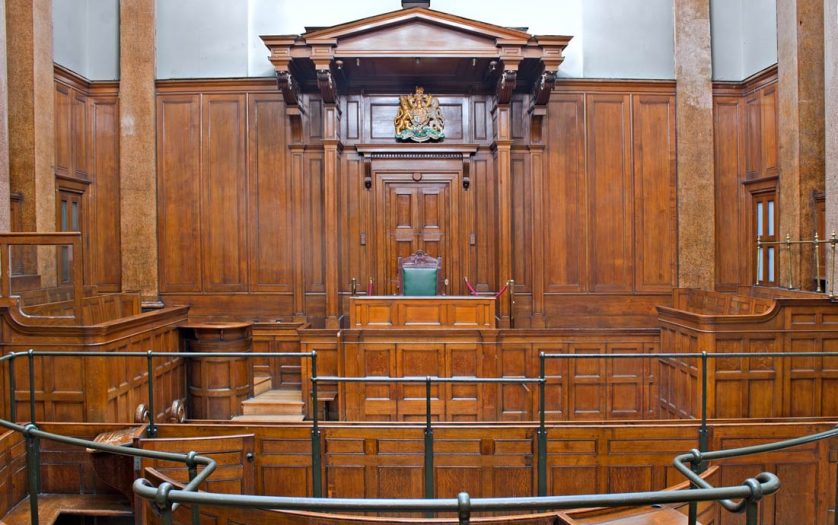
The 200-plus years ban on “strangers” in jury rooms is to be lifted to allow people with hearing disabilities to have British Sign Language (BSL) interpreters inside jury rooms.
People with hearing disabilities requiring the use of a sign language interpreter will be allowed to take part in jury service for the first time, Ministers announced today.
Current laws strictly prohibit anyone beyond the 12 sworn jurors from entering jury deliberation rooms. This is to safeguard against outside influence. However, it means that an interpreter would be deemed an unlawful ‘13th person’, thus preventing those who require their assistance from participating in this important civic duty.
Ministers are determined to ensure the justice system is accessible to everyone and will therefore legislate to remove this barrier to allow BSL interpreters inside jury rooms.
The move will mean over 80,000 deaf people across England and Wales can now participate in jury service. It forms part of wider reforms announced today seeking to build a fairer justice system.
“Disability should not be a barrier to people carrying out this most important civic duty.” said Lord Chancellor, Robert Buckland QC MP.
“I am delighted we can open up jury service to many thousands more people and ensure our justice system becomes as accessible and inclusive as possible”.
BSL interpreters can already enter courtrooms to assist deaf jurors, however they are currently not allowed into the room where verdicts are considered. This has meant that people with significant hearing impairments would need to be able to lip read during the deliberation process.
Under the changes, interpreters will be contractually bound to a confidentiality agreement, stipulating their obligation to remain impartial at all times and not to divulge any discussions that take place in jury rooms.
It builds on a range of provisions in place to ensure accessibility for jurors with disabilities, including making sure wheelchairs can be properly positioned to view proceedings, and allowing the use of guide dogs and braille cards.
Meanwhile, a £1 billion modernisation of courts and tribunals is underway, seeking to boost the use of technology, upgrade systems, and ensure it better responds to the needs of the public. It comes as hundreds of millions is being invested to tackle the impact of the pandemic on the courts and deliver speedier justice for victims.








